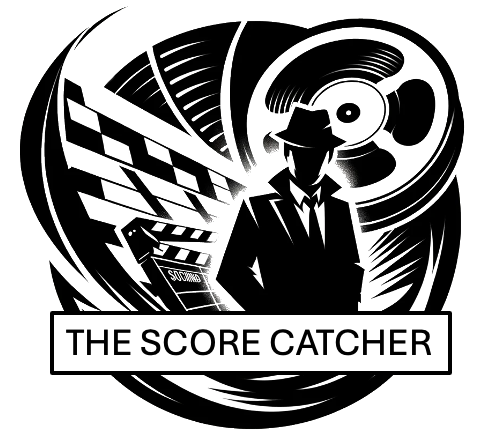Friday, BBC1, 10:40pm
Baz Luhrmann’s Romeo + Juliet (1996) is a riotous, glitter-drenched anachronism—an MTV-generation fever dream where Shakespearean verse meets Miami Vice aesthetics. The film hurls the Bard’s most famous tragedy into a neon-lit, gun-toting Verona Beach, where Hawaiian-shirted Montagues and slick-backed Capulets brawl to the tune of ’90s alt-rock. If Shakespeare’s original play was a meditation on youthful impulsivity, Luhrmann’s adaptation dials that recklessness up to eleven, throwing in ecstasy-fueled masquerade balls and a Mercutio (Harold Perrineau) whose Queen Mab speech becomes a drag performance for the ages.

The film’s soundtrack, a carefully curated rebellion, is as integral to its impact as the cinematography itself. Garbage’s #1 Crush oozes obsession, Des’ree’s Kissing You bathes the lovers in tragic melancholy, and Radiohead’s Exit Music (For a Film) serves as a dirge that transcends time—Thom Yorke wailing for all star-crossed lovers, from Elizabethan theatre to the postmodern screen. This isn’t simply a musical backdrop; it’s a mood board of Gen X angst, a perfect companion to Leonardo DiCaprio’s brooding, lovestruck Romeo.
But beneath the pop-culture bombast, Luhrmann’s vision remains surprisingly faithful to Shakespeare’s core themes—love as both ecstasy and destruction, fate as an inescapable noose. The Elizabethans would have recognized this as tragedy’s true purpose: a spectacle of beauty and horror entwined. The historical liberties, from gun-wielding Tybalt to Verona Beach’s billboard-laden prologue, are not betrayals but rather an evolution, proving that Shakespeare’s works, like love itself, refuse to be bound by time.
